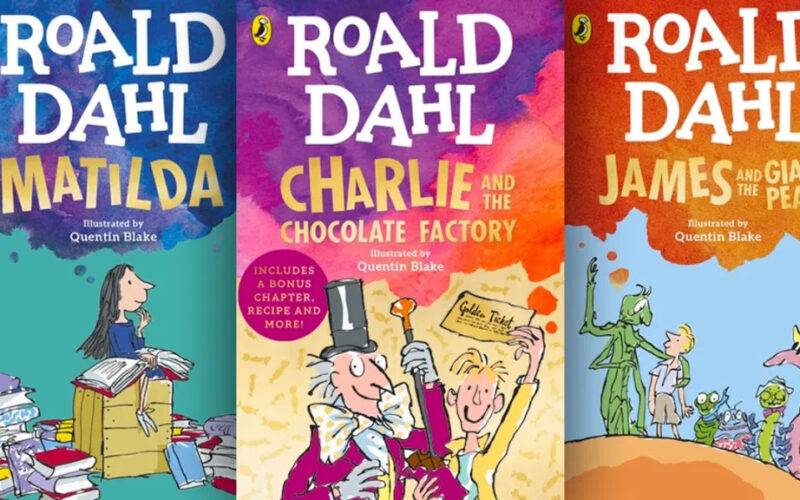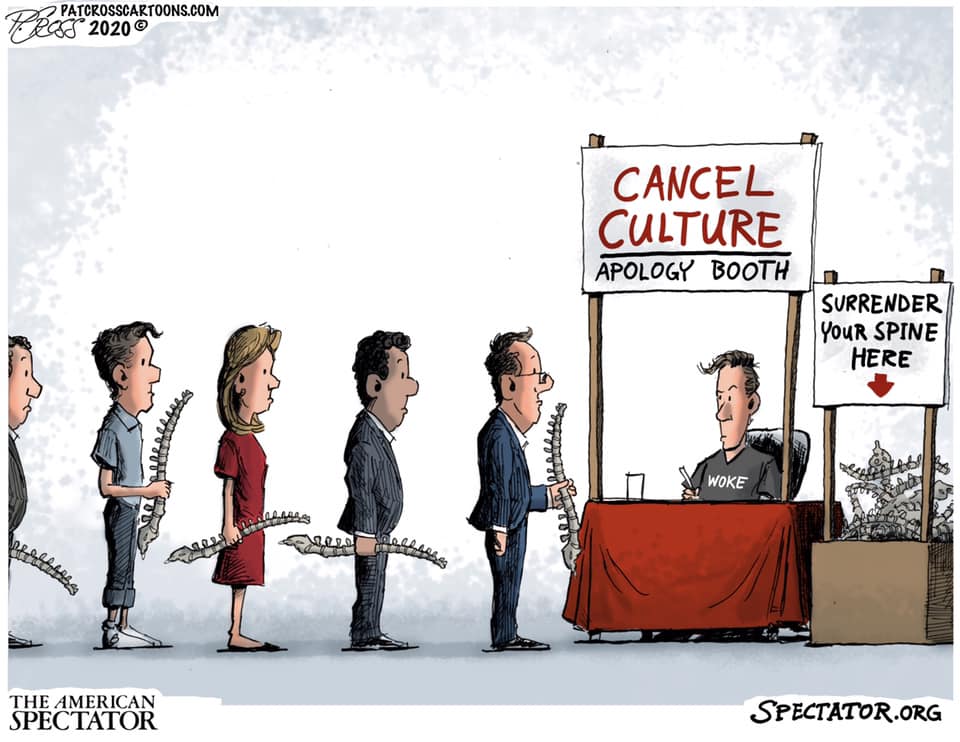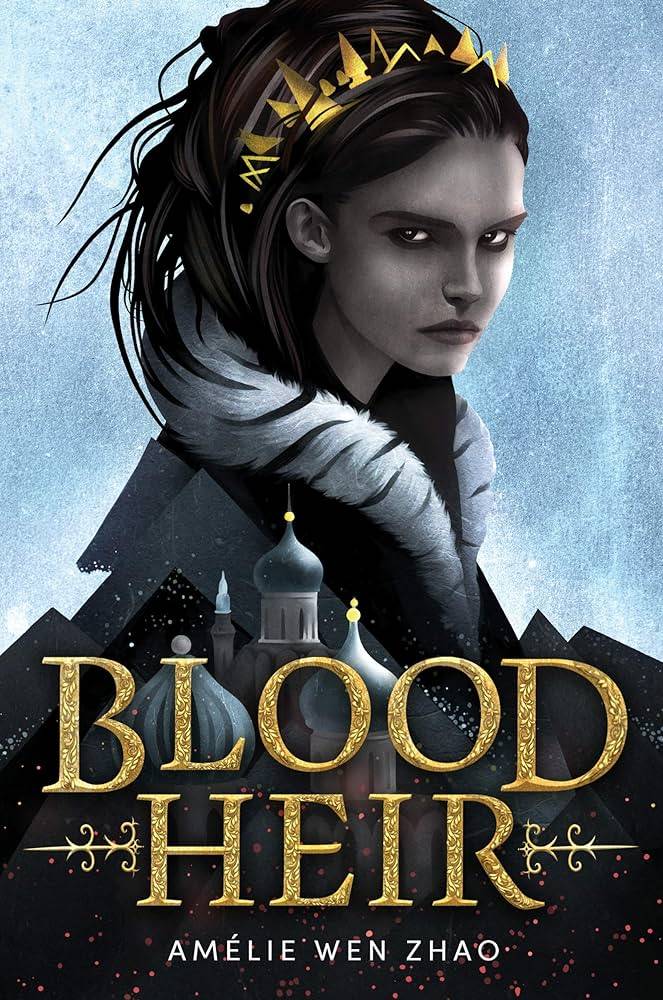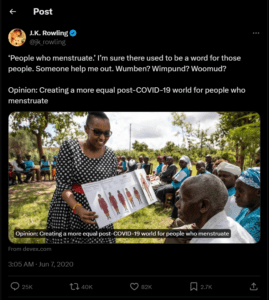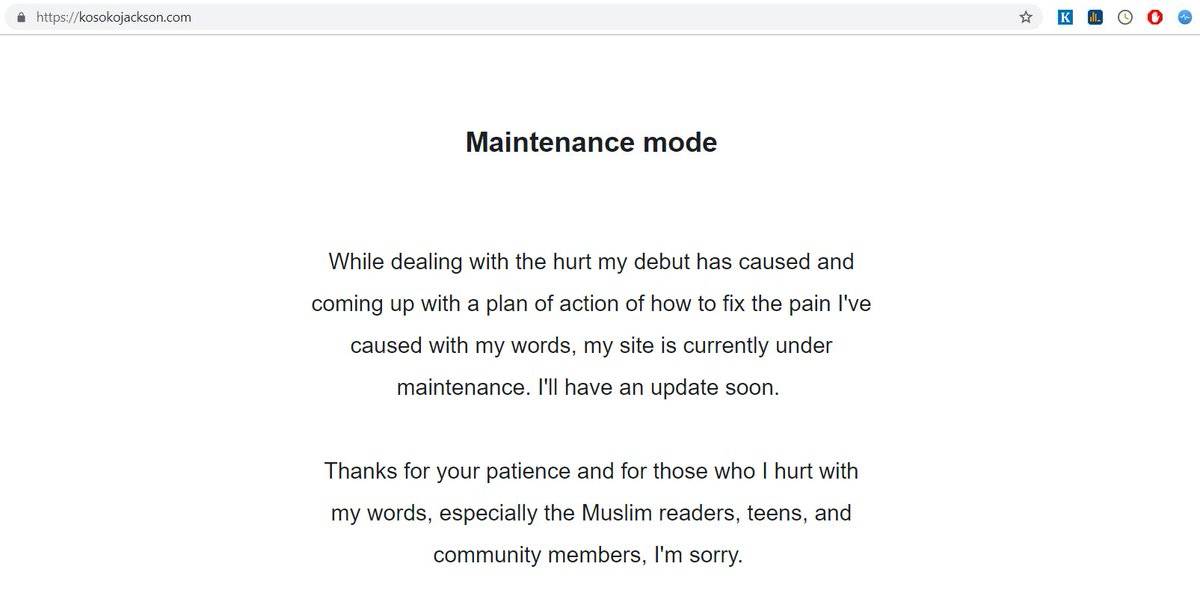Authors like JK Rowling, Roald Dahl, and Dr. Debra Soh come from different sides of literature. But they do have one thing in common – being the target of something called cancel culture!
Dr. Debra Soh, in her book The End of Gender, made some unnecessarily condescending statements about the LGBTQ+ community. It led to people canceling her by actually attempting to discredit her professionally. As for Roald Dahl, he was canceled for the controversial content in his books, causing them to go through thorough sanitization.
It is evident that cancel culture can have a lot of consequences for the targeted person. But what exactly is cancel culture?
What is The Concept of Cancel Culture?
Cancel culture is a phenomenon where people who act or speak unacceptably get boycotted. This shunning, which mostly starts on social media, usually quickly spreads in that person’s professional circles, effectively ‘canceling’ them. These people can feel the entire world is against them, negatively impacting their mental health.
While canceling someone is a fairly new concept, its first mention was back in 1981 – and that too, in a song! That song – Your Love is Canceled, by Nile Rodgers and Chic – inspired popular screenwriter Barry Michael Cooper to show a woman getting canceled in one of the movies he wrote. These events led the term to be a part of African-American English, eventually trickling into Black Twitter. And, as you can imagine, whatever reaches one part of social media doesn’t fail to spread everywhere like wildfire!
Cancel Culture in Literature
Cancel culture in literature mostly manifests itself as readers publicly shaming authors who act, say, or hold socially transgressive beliefs. The authors are then forced to apologize and revise the stories that are now labeled problematic.
For example, J.K. Rowling, one of the most beloved authors, became the target of cancel culture in mid-2020. The reason? A tweet, where she essentially says the phrase people who menstruate is not right because only women do so.
This brought the transgender community as well as Potterheads in her comments, expressing anger and disgust at her words. Even then, she stayed firm on her views and became one of the canceled authors. But it also led to her works being put through a critical lens, with readers discovering fatphobia and anti-Semitic themes in the beloved series. Actors like Daniel Radcliffe, Emma Watson, and Rupert Grint, who played Harry, Hermoine, and Ron respectively, disagreed with her views by reaffirming their support for the trans community.
Which Authors have been Canceled?
Many writers have been canceled, and that too, for a variety of reasons. Moreover, not even authors long dead were spared, including Enid Blyton and Roald Dahl. While it’s impossible to fit every canceled writer in a list, here are a few authors who were recently the victim of cancel culture.
- Amélie Wen Zhao
Zhao’s debut novel, Blood Heir, faced horrible backlash way before it got published. Readers who got advanced reader copies criticized Zhao for the racially insensitive way she depicted slavery. As the book attracted opinions, more people got on the hate train. It made Zhao tell publishers to not release her book. She then went over her novel, revised it, and only then decided to publish it in any way. The controversy did affect the book, but it has still been picked up by many.
- Kosoko Jackson
Kosoko Jackson’s debut novel also had the same fate as Zhao. His book, A Place for Wolves, was condemned by one Goodreads user for its callous portrayal of the Kosovo War and Muslims. This one review snowballed into readers on social media – particularly Twitter – raining down on Jackson. He then tweeted an apology letter and agreed to unpublish the book a month before it was even released. But you can still buy used copies online.
- Colleen Hoover
Colleen Hoover is no unfamiliar name to any reader, whether or not they have read her books. And that’s because of the way social media devoured her novels at first – but it was also social media that pointed out her problematic writing.
It all came to a head when Hoover announced her novel It Ends with Us would be made into a coloring book. The fact that a book about domestic violence would be made into a coloring book didn’t sit right with people, inviting criticism. The idea was shot down by Hoover herself but many fans were pulling their support. This also led to a deep dissection of her works and deciding that her writing was cringey, glamorizing abuse and harmful relationships.
Canceling Vs Censorship
Even though cancel culture and censorship seem one and the same, the way they operate is different. When it comes to censorship, it is the authorities restricting the distribution of certain books they think are concerning. Authorities like parents, community members, schools, and even governments. They restrict such works by either banning the books, removing them from the school curriculum, or making them unavailable in bookstores and libraries.
However, canceling an author essentially means condemning them for their offensive or inappropriate actions or behavior. This condemnation involves ostracism, public shaming, and withdrawing support. There are no authorities involved; the readers drive this movement to have the author’s reputation damaged. And such damage ultimately leads to dwindling support from their audience.
This still doesn’t mean that readers – who may or may not know if the author is canceled – can’t read their books! They can… but maybe at the cost of getting dragged on Twitter for even picking up books of the author in question.
Criticism of Cancel Culture
The literary world has always faced the issue of whether to separate the author (and their lives and thoughts) from their work. Cancel culture complicates this problem even more for its insistence on boycotting an author’s works because of their socially transgressive opinions. When you add social media to the mix, the line between the writers and their books blurs even more.
And this one is just one of the many criticisms put on cancel culture. Another one is how valid it really is. Professors, activists, and even journalists have commented on how substantial this phenomenon is. Criticism for cancel culture is usually in the realm of doesn’t have a meaningful effect, lost its original meaning, or is just background noise.
From the authors’ perspective, the fact that the sword of cancel culture can strike them at any time dampens their creativity. The passion for writing has to be put on hold so that they can make their novels socially acceptable. This self-censorship kills the primary goal of literature, i.e. to engage readers creatively and provocatively.
Cancel culture is also said to perpetuate a climate of fear for the people involved in the book world. It is also why publishers, editors, and agents ensure finding a book that’ll not get the backlash that is so rampant these days. And when the published book does get canceled, there is almost always no room for the authors to reflect on their actions. Because cancel culture jumps directly to punishment, i.e. boycott.
Final Words
Cancel culture might have started as a way to hold people, including authors, accountable for their unacceptable behavior and thoughts. Now, though, the phenomenon has been reduced to being the bogeyman of the literary world. It is said to have zero plausibility, with it only being good at robbing authors of freedom of speech and expression.
Even though cancel culture seems to act on a mob mentality these days, it is clear that it is here to stay. All one can do is judge novels – and their authors – consciously, without blindly following what social media says about them.

